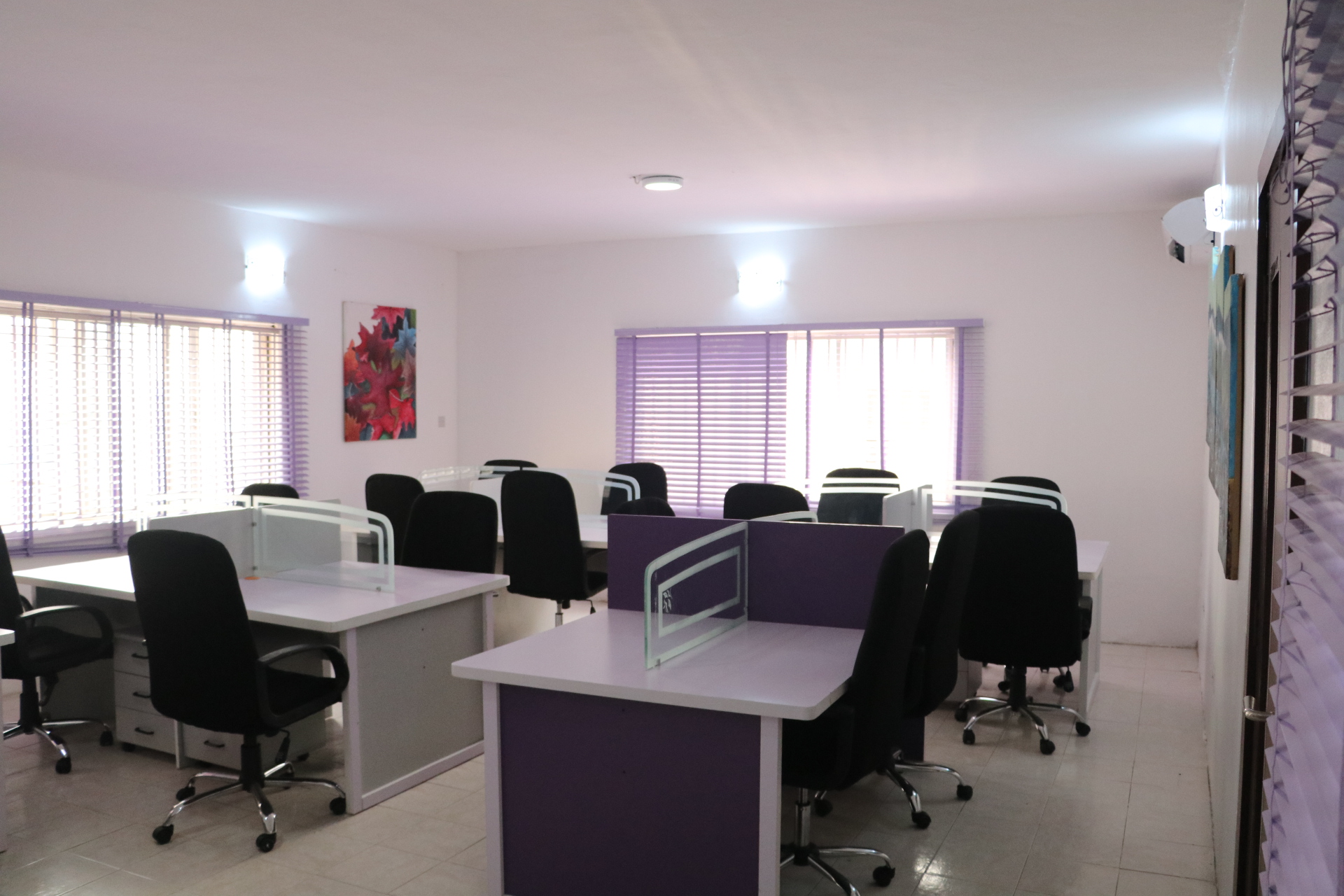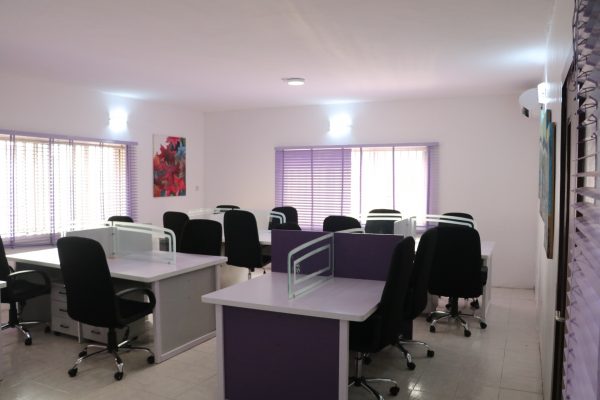Coworking spaces are facilities designed and built to function as shared offices for early-stage startups and full-time freelancers. These enterprises will typically want to use coworking spaces because they can’t afford their own private offices and don’t find working from home conveniently.
Read more about How To
One lovely thing about coworking spaces is that they host several startups and freelancers simultaneously. Each entrepreneur or team has a chair, desk, or room to work with (depending on what they can pay for).
Apart from working in these spaces, they are also a great place to network and form valuable relationships with other startups and freelancers. There’s a lot of cross-fertilization of ideas that can go on in these environments.
There are more than 20,000coworking spaces across the world. But Nigeria barely has over 100. Many of them are big cities, with the greatest concentration being Lagos. The growth of the tech ecosystems in other locations besides Lagos has made it possible for coworking spaces to be set up in those areas.
Nigeria has a large and active gig economy encompassing tens of thousands of startups, freelancers and traditional entrepreneurs, so there’s a hidden demand for shared office services.
Here’s how to go about setting up a coworking space.
1. Find Out If There’s A Demand For Workspaces
While there’s a big ecosystem waiting to snap up spaces in many parts of Nigeria, many startups and freelancers continue to work from multiple locations, including homes. It’s important to find out whether the entrepreneurs in your city are interested in working from a coworking space.
One way you can do this is to survey a broad spectrum of startup founders and entrepreneurs and find out whether they’d prefer to work from a fixed office location on some days of the week (at least) and pay for the opportunity to do this, instead of having to operate in a home environment.
Sign up for the Connect Nigeria daily newsletter
You can attract potential demand with constant (and backed-up) electricity, internet access, and the chance to communicate with other businesspeople- things that working alone and at home may not afford. See if enough people are willing to pay for these things.
2. Decide What Kind Of Coworking Space You Want to Set Up
There are several types of coworking spaces. Some offer mentorship and opportunities to pitch to investors for funding. A number double as incubators and run accelerator programs for startups. Look at your local startup community’s needs, and decide if you have the resources and connections required to provide those needs.
3. Know What Kind Of Facilities You Want
We’ve mentioned internet access, constant power, mentorship, and pitching opportunities. How about coffee lounges, meeting halls, meal areas, and the aesthetics of the place you intend to set up? How many of these characteristic coworking space features can you add?
4. Decide Whether You Can Cover Costs And Offer Competitive Prices
Renting a building for your coworking space business may cost a lot. You must find out whether you can rent one and pass on the cost to your clients while keeping your fees affordable. This is one of the most essential points in this process. Only proceed if you’re sure you can get costs under control.
5. Find A Good Location
We assume you’re establishing it in your home city or town. But where in your local district or city are you setting up?
The answer should be somewhere accessible from most parts of the city or town and conducive enough to allow serious work to take place undisturbed.
Register to attend the Connect Nigeria Business Mixer
It’s true that such districts may be among the more costly neighbourhoods you’re at (that’s usually the case). So you’ll want to strike a balance. Just make sure the area is easily accessible and conducive for business.
6. Get Things In Order
This involves renting a space that fits the requirements in step 4 and purchasing all that you’ll need to get things running: chairs and desks, air conditioner, office equipment, and interior design and decoration/painting services. Be sure to cover the bases for utilities such as power, internet, water and plumbing, etc.
7. Book Beforehand
Begin spreading the word about your space and get your first few clients before you officially open for business. This guarantees you an income stream right from the first month and paves the way for more people to sign up with you as time goes on.
If your early customers like your services, they could recommend your coworking space to other entrepreneurs or startup founder friends, who may eventually become your customers.
8. Market Your Space
Marketing could involve everything from social media posts and paper handbills to newspaper articles and blogs on different sites announcing or talking about your coworking space (and the use of coworking spaces in general).
Have a website too. It’ll serve as your online contact point with the world. It should contain, among other things, your workspace’s address, contact details, and photos of it (interior sections, at least).
Featured Image Source: Entrepreneurs NG
Got a suggestion? Contact us: [email protected]


